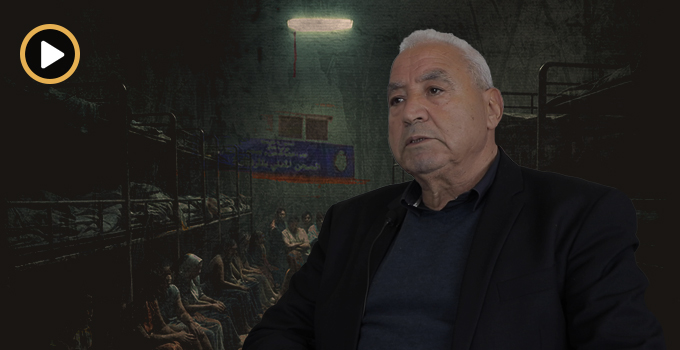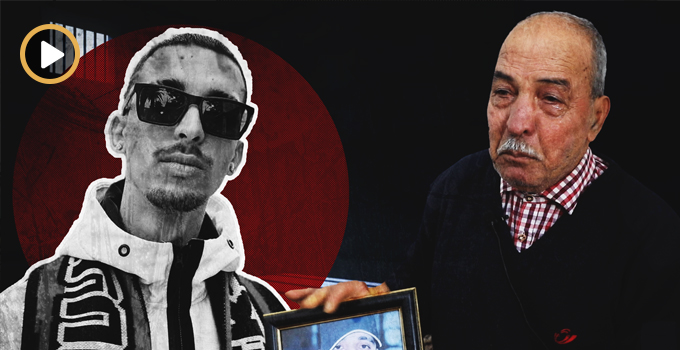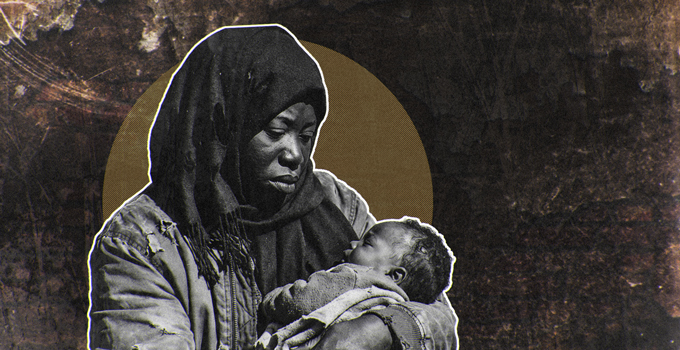Abstract for International Journal of Electronic Democracy,
Special issue on : « Democratic Internet – Foundations, Ideas, Approaches, and New Perspectives. »
Martin Erpicum (martin-at-erpicum.net) ; Sophie Grenade (Sophie.Grenade-at-ulg.ac.be) ; Romain Lecomte (Romain.Lecomte-at-ulg.ac.be).
The impressive popularization of Internet, these last ten years, gave birth to new forms of democratic hopes. Without sinking in a dithyrambic speech making of Internet the new El Dorado of the democracy, we can reasonably consider that these new ICT contribute to the emergence of a new public space as a discursive and critical space subjected to an ideal of Publicity (Habermas, 1962). For Habermas, as for the majority of the democracy theorists, a « functioning public sphere » proves to be an essential condition to acceptable democracy, because it allows the development of a public opinion by freedom of movement of information and the confrontation of ideas between citizens. Compared to the traditional « mass media », the Internet offers new possibilities. First of all, the latest developed technologies make possible a greater interactivity by the passage of a type of communication based on a one-to-many’s relationship to a many-to-many’s one. It also allows the citizens the diffusion of alternative information, more transparent, and subjectless to a commercial or governmental logic. Even the way of disseminating and receiving the information is new (as the use hyperlinks shows it). Moreover, Internet also makes it possible to spread the information largely over the official borders.
In the Western countries, the impact of these new media is often apprehended like a response to the crisis of the contemporary democratic representation. But, we wish here to relate the cases of other national contexts, countries where the democracy is still proscribed. In countries like Iran, Tunisia, China or Egypt, for instance, the effect of Internet could induce a more important political change. One indeed sees developing websites and online-forums criticizing the state government and which define themselves as new militant movements, the cyberdissidents. In this sort of political regime, Internet offers the possibility of partially escaping from the censure and repression of the authoritarian government. Within the framework of this fight for the democracy, anonymity constitutes an extremely valuable weapon, just like the development of a transnational public space, making possible the diaspora to take part and play a crucial role, but also an increased awareness of the international opinion – which could constitute a means to change.
In this article, we will be interested in the case of Tunisia which, in spite of an ostentatious rhetoric of the democracy, presents all the features of an authoritarian government. Indeed, the monitoring and the repression of any autonomous political expression do not allow citizens and media to express themselves freely in the daily activities. This political censure is not only direct repressive action of the government. Indeed, beyond this repression, it is important to notice that a form of interiorization of the censure is self-activated.
In spite of these complex mechanisms, political criticism exists in Tunisia. One traditionally distinguishes two types of opposition. First, the « Legal opposition » [1] i.e. instituted by the government and joining here the logic of the « pseudo-democracy », and secondly, a true opposition to the government. The latter – sometimes constituted by Tunisian intellectual personalities – takes place within associations, or parties, or in proper name. Those people are mostly lawyers, journalists or academics. In spite of daily undergone repression, they continue to work out their expertise of criticizing the government. Their repertory of collective (and individual) actions turns mainly around the writing and publication (in other countries) of works and articles analyzing the political situation in Tunisia, legal lawsuits, hunger strikes, …
The development of Internet in Tunisia comes to reconfigure the Tunisian political scene. Indeed, for a few years, one has noted in Tunisia new forms of activism, of expression of social criticism on Internet. This reappropriation of the technological developments leads to new militant practices developing independently of the traditional institutions (left wing, trade unions, etc), but also of the official borders. The websites [2] and online-forums were created in order to propose alternative, more transparent and more critical information, like proposing new spaces of debate. The phenomenon of the blogs – generally personal – also touched Tunisia, but criticism is not very frequent there. However, when it develops, we can notice very argued exchanges, in comments but also between different blogs. Among the many original forms of mobilization and denunciation made possible by Internet, one can quote the demonstration on line of Tunisian Yezzi.org or the Chart of the Prison [3]. On these mediatized spaces, the defenders of the democracy see in the Internet an invaluable tool to circumvent the obstacles to with the freedom of expression and association drawn up by the Tunisian regime, and in the long term, to form common opinions ready to make pressure on the mode (especially via the international opinion).
Thus we can see, beyond the two types of opposition defined previously, a third opposition born with the emergence of Internet in Tunisia. These Tunisian internauts who consider and use Internet to disseminate critical information on Tunisia qualify their actions as a sort of “third opposition”. Not regarding the first opposition as such and in general disappointed by the second one, this cybergeneration wants to use the tool provided by Internet for a better representation of their claims. By this intermediary, they want to develop more democratic and less elitist practices, open towards the outside and beyond the practice of anonymity maintained by the second opposition. The emergence of this third opposition shows clearly how Internet can be used entirely devoted to democratic issues. However, though it’s more difficult to realize, the censure of the Tunisian regime is also severely applied on Internet [4]. In fact, the Tunisian government is ambivalent with regard to Internet : on the one side, it seeks to develop the sector of telecommunications in order to attract the foreign investors and launches policies of democratization of the Internet in order to extend the digital culture – which also means giving a democratic legitimacy regarding the international opinion -; on the other side, as this spreading of Internet offers a new space for freedom of movement of information and ideas, the government invests considerable efforts to control this sphere. This censure results in making inaccessible the critical websites and blogs in Tunisia. However, it should be noted that it’s still possible to circumvent this censure, thanks to the use of proxies and by publishing blogs mirrors. And the fact that these sites stay accessible abroad is very important, in order to make the international authorities aware of the recursive violations of the human rights the Tunisian population must undergo.
After drawing the context of Internet in Tunisia, the article we propose, will aim at, establishing an inventory of cases of the cyberdissidence in this country. Furthermore, we want to describe the militants’ speeches and their representations of this new space of expression but also the way they get organized and coordinated. We will propose an analysis starting from online observations but also from interviews made with some great personalities of the cyberdissidence in Tunisia. We will thus see which are the contributions of this emergent movement to the democratic cause but we will also speak of its limits and weaknesses. Through the Tunisian example, we want also to develop some considerations about the theory of the public space and see how this can be updated thanks to this new public sphere.
[1] Between quotation marks because it is not considered as a real opposition.
[2] Most known are : reveiltunisien.org ; nawaat.org ; tunisnews.net.
[3] http://www.kitab.nl/tunisianprisonersmap/ : This mashup work made echo to the United States. See also : http://www.globalvoicesonline.org/2006/09/27/tunisia-opening-prisons-to-the-world
[4] Reporters Without Borders – place thus Tunisia in the list of the 13 enemies of Internet: http://www.rsf.org/int_blackholes_en.php3?id_mot=103&annee=2005. A text of Human Rights Watch particularly interesting concerning the censure of the Tunisian Net: http://hrw.org/reports/2005/mena1105/7.htm#_Toc119125752




Very interesting site ! Good work ! Congratulations :),
And again about this. If the search engines learn to understand the meaning, the bloggers have poizgolyatsya to be readable and do not like the others.
[…] state censorship. Only a handful of activists, cyber dissidents and bloggers, usually the same men, are leading the free speech movement on the Internet, going well beyond these limits and even organizing an […]
[…] Seule une poignée d’activistes, de cyber-dissidents et de blogueurs, toujours les mêmes, conduisent le mouvement pour la liberté d’expression sur Internet, en allant bien au-delà […]